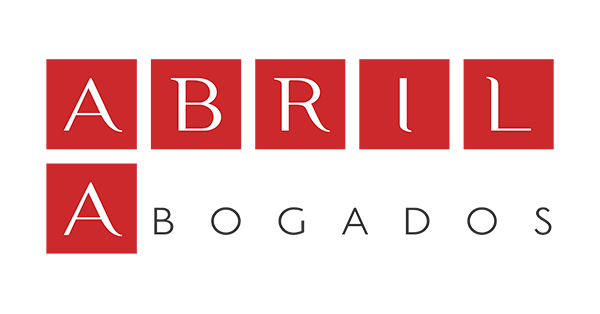The European Council, directly represented by the current 28 Member States that constitute the European Union, has rejected the approval of articles 11 and 13 of the new Copyright Directive, concerning respectively the protection of press publications for digital uses and the responsibility of service providers that store and facilitate access to works uploaded by users.
The Directive proposal was already supported by the European Parliament by the end of last year, but in order to finally approve the draft text, this needs to pass the green light of the Council, currently under the mandate of Rumania. A total of 11 countries – Germany, Belgium, Croatia, Slovenia, Finland, Italy, Luxemburg, the Netherlands, Poland, Portugal and Sweden – voted against the approval of these two controversial articles.
On one hand, article 11 foresees the recognition of the reproduction right and the making available to the public right (arts. 2 and 3.2. of the current 2001/29 Directive) for the press publications’ editors and the use of their publications. This article would bring an important change, as the editors would be able to request a priori authorization to the news aggregators as well as the payment of a compensation for sharing that news.
On the other hand, article 13 states that service providers that storage works uploaded by users (Youtube or Facebook, among others) are obliged to adopt technical measures – from specific software to complaints and appeals mechanisms – in order to avoid that these works are available. This article would also bring a radical change, as this would make that content platforms have to make substantial investments to avoid or detect the presence of protected works.
This refusal of the European Council produces that new modifications to these articles will be necessary in order to celebrate an eventual voting in the coming months.
The scope of these modifications is still uncertain, but what we do know is that the technological giants (Google and Fecebook, among others) will continue performing an important lobby in Brussels with the aim of eliminating these articles or reducing their economic losses, according to their interests.

